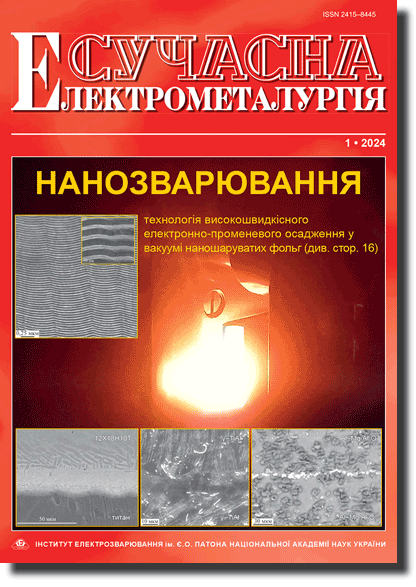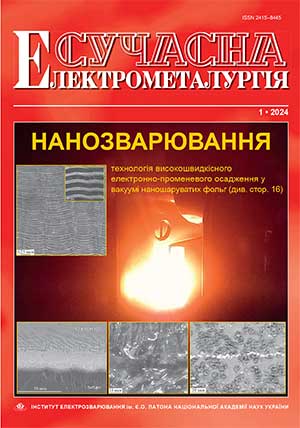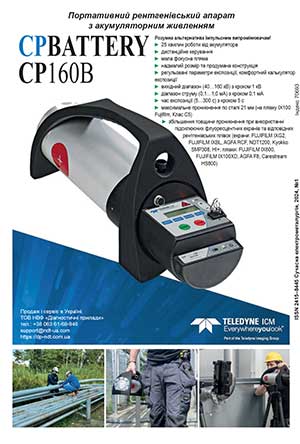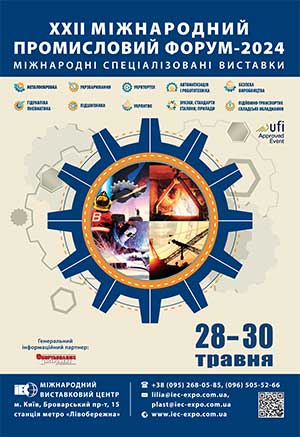| 2024 №01 (01) |
DOI of Article 10.37434/sem2024.01.02 |
2024 №01 (03) |
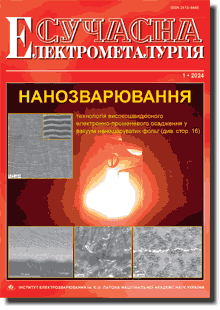
Electric Welding Institute of the NAS of Ukraine 11 Kazymyr Malevyc"Suchasna Elektrometallurgiya" (Electrometallurgy Today), 2024, #1, 17-23 pages
ESR of titanium in vacuum
I.V. Protokovilov1, T. Beinerts2, V.B. Porokhonko1, D.A. Petrov1
1E.O. Patonh Str., 03150, Kyiv, Ukraine. E-mail: office@paton.kiev.ua2Institute of Physics, University of Latvia 32 Miera str., Salaspils LV-2169, Latvia. E-mail: toms.beinerts@gmail.com
Abstract
The results of experimental studies of the process of electroslag remelting of titanium in a chamber furnace at different values of pressure in the melting area, from vacuum to excess pressure, are given. Experiments were carried out during the melting of ingots with a diameter of 85 and 105 mm from titanium alloys VT1-0 and VT22 using fluoride-chloride flux AN-T4. The pressure of the inert gas in the furnace chamber was varied from 20 to 300 kPa. It is shown that in the entire studied range of pressures, the electroslag process proceeded stably with the formation of ingots with a high-quality side surface and a dense structure, without pores, slag inclusions and other internal defects. Experimental data on the effect of pressure in the melting area on the gas composition and structure of titanium ingots are given. The possibility of reducing the hydrogen content in titanium alloys by carrying out the electroslag process under vacuum conditions is shown. It was also established that the VT1-0 titanium ingot, melted under vacuum conditions, is characterized by a larger grain size compared to the ingot obtained at excess pressure. 11 Ref., 1 Tabl., 7 Fig.
Keywords: electroslag remelting, chamber furnace, vacuum, titanium, gas composition, ingot, structure
Received: 13.02.2024
Received in revised form: 19.02.2024
Accepted: 22.02.2024
References
1. Protokovilov, I.V., Petrov, D.A., Porokhonko, V.B., Nazarchuk, A.Т. (2018) Technological and metallurgical peculiarities of melting of titanium alloy ingots in chamber-type electroslag furnaces. Suchasna Elektrometal., 2, 45-51 [in Russian]. https://doi.org/10.15407/sem2018.02.062. Kompan, Y.Y., Protokovilov, I.V. (2002) Some technological aspects of magnetically-impelled electroslag melting (MEM) of titanium alloys. In: Proc. of Int. Conf. on Special Metallurgy: Yesterday, Today, Tomorrow (8-9 October 2002, Kyiv), 256-262 [in Russian].
3. Protokovilov, I.V., Porokhonko, V.B. (2014) Methods to control metal solidification in ESR. Sovrem. Elektrometall., 3, 7-15 [in Russian]. https://doi.org/10.15407/sem2015.04.01
4. Anoshkin, N.F., Glazunov, S.G., Morozov, E.I., Tetyukhin, V.V. (1978) Melting and casting of titanium alloys. Ed. by V.I. Dobatkin. Moscow, Metallurgiya [in Russian].
5. Paton, B.E., Trigub, N.P., Kozlitin, D.A. et al. (1997) Electron beam melting. Kyiv, Naukova Dumka [in Russian].
6. Yu, Liu, Xijie, Wang, Guangqiang, Li et al. (2020) Cleanliness improvement and microstructure refinement of ingot processed by vacuum electroslag remelting. J. of Materials Research and Technology, 9(2), 1619-1630. https://doi.org/10.1016/j.jmrt.2019.11.087
7. Yu, Liu, Xijie, Wang, Guangqiang, Li et al. (2018) Role of vacuum on cleanliness improvement of steel during electroslag remelting. Vacuum, 154, 351-358. https://doi.org/10.1016/j.vacuum.2018.05.032
8. Protokovilov, I.V., Petrov, D.A., Porokhonko, V.B. (2020) Investigation of the technological features and admissible pressures of the process of vacuum ESR. Suchasna Elektrometal. 2, 3-9 [in Russian]. https://doi.org/10.37434/sem2020.02.01
9. Kalyniuk, N. (2014) Arrangement of the process for titanium alloys analysis on content of oxygen, nitrogen, hydrogen and carbon impurities. Metrologiya ta Prylady, 2, 50-57 [in Ukrainian].
10. Rashev, Ts. (1995) High-nitrogen steels. Metallurgy under pressure. Sofia. Publ. House of the Bulgarian Academy of Sci. [in Russian].
11. Batyshev, A.I. (1990) Crystallization of metals and alloys under pressure. 2nd ed. Moscow, Metallurgiya [in Russian].
Advertising in this issue:
The cost of subscription/purchase order journals or individual articles
| Journal/Currency | Annual Set | 1 issue printed |
1 issue |
one article |
| TPWJ/USD | 384 $ | 32 $ | 26 $ | 13 $ |
| TPWJ/EUR | 348 € | 29 € | 24 € | 12 € |
| TPWJ/UAH | 7200 UAH | 600 UAH | 600 UAH | 280 UAH |
| AS/UAH | 1800 UAH | 300 UAH | 300 UAH | 150 UAH |
| AS/USD | 192 $ | 32 $ | 26 $ | 13 $ |
| AS/EUR | 180 € | 30 € | 25 € | 12 € |
| SEM/UAH | 1200 UAH | 300 UAH | 300 UAH | 150 UAH |
| SEM/USD | 128 $ | 32 $ | 26 $ | 13 $ |
| SEM/EUR | 120 € | 30 € | 25 € | 12 € |
| TDNK/UAH | 1200 UAH | 300 UAH | 300 UAH | 150 UAH |
| TDNK/USD | 128 $ | 32 $ | 26 $ | 13 $ |
| TDNK/EUR | 120 € | 30 € | 25 € | 15 € |
AS = «Automatic Welding» - 6 issues per year;
TPWJ = «PATON WELDING JOURNAL» - 12 issues per year;
SEM = «Electrometallurgy Today» - 4 issues per year;
TDNK = «Technical Diagnostics and Non-Destructive Testing» - 4 issues per year.




